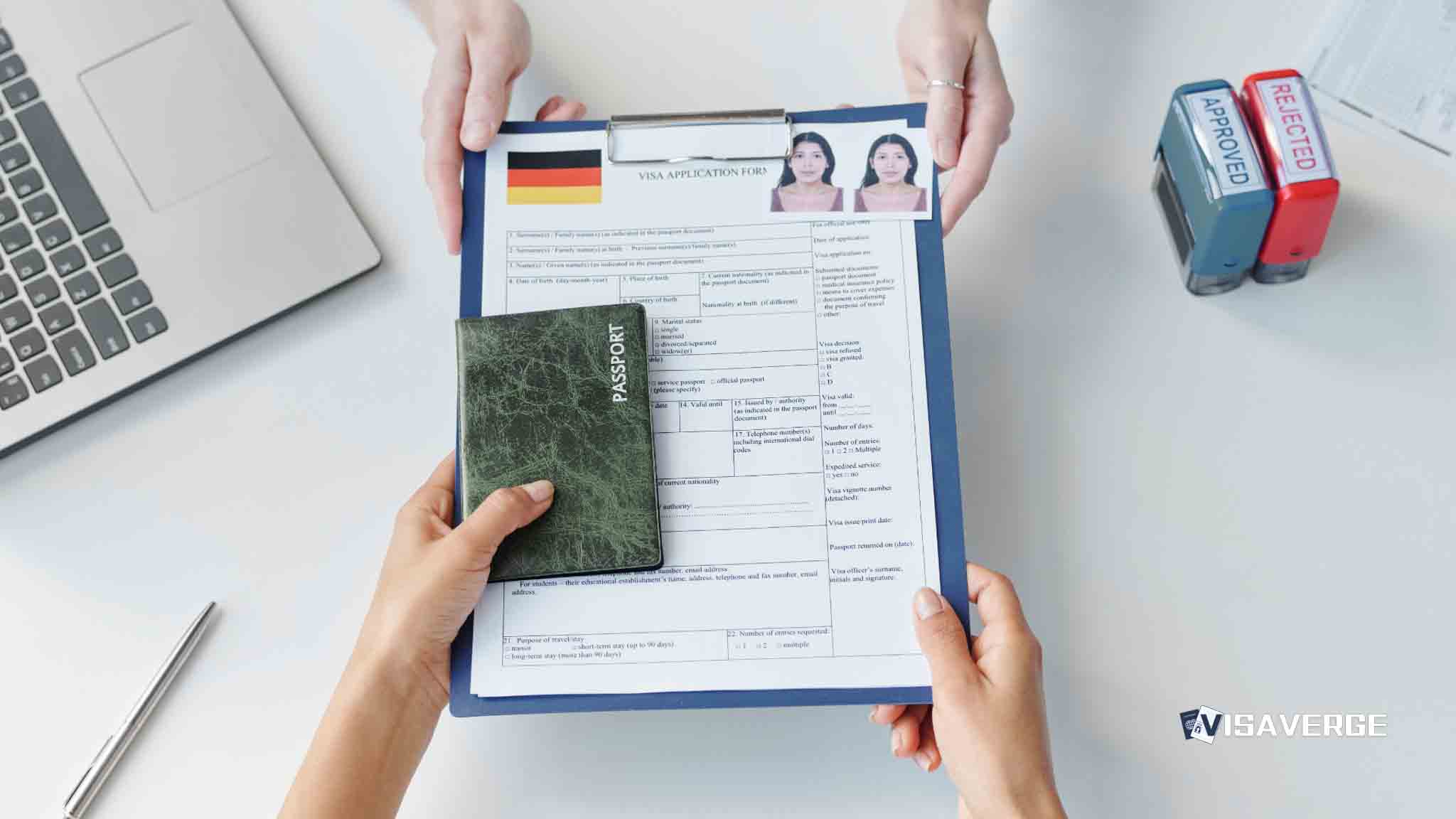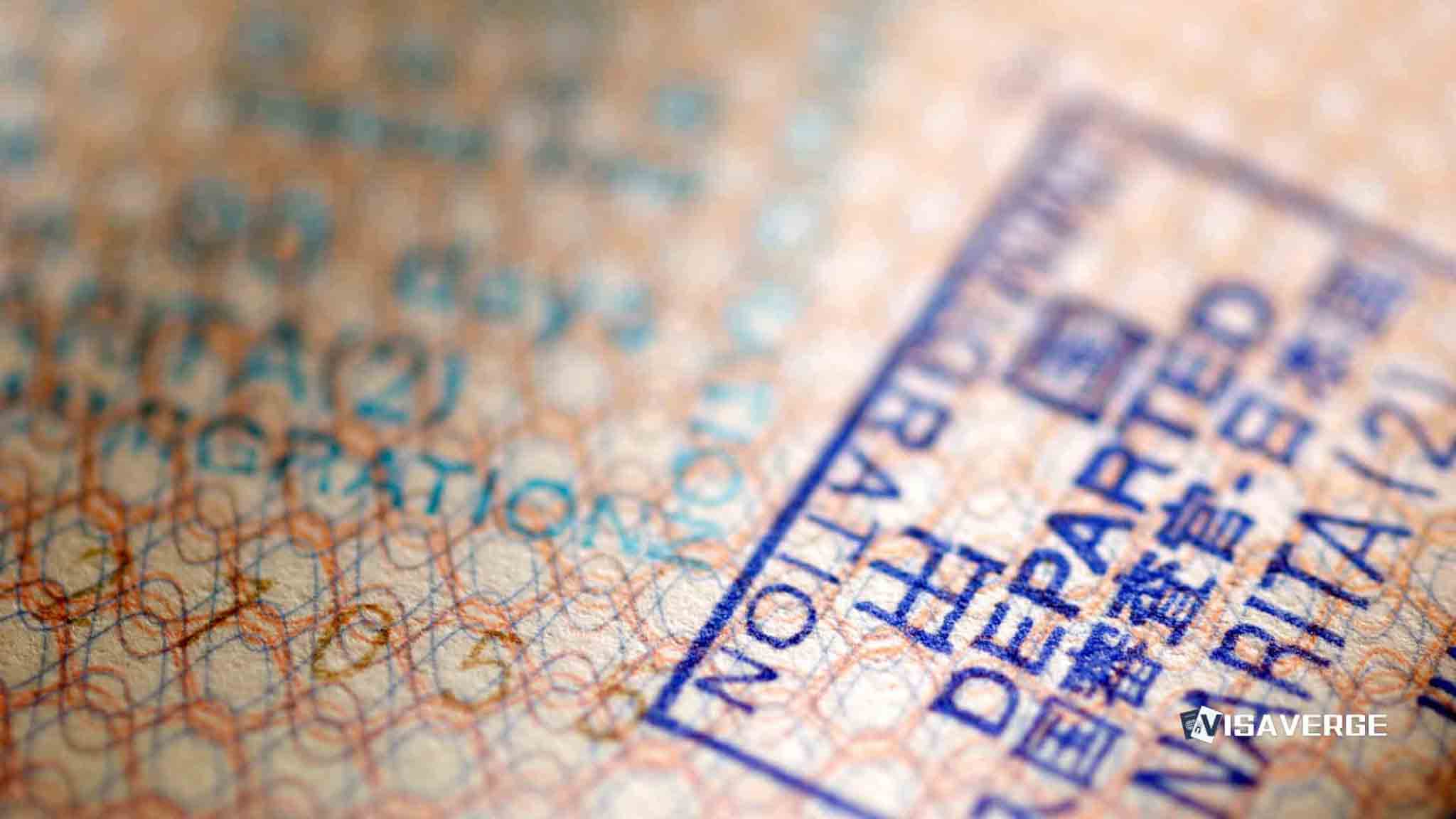Understanding the I-140 Form in the Context of a Job Change
The I-140 form is an essential piece of documentation for employment-based visas in the United States. It represents a petition for alien workers and is filed by U.S. employers who wish to sponsor a foreign national for permanent residency. A common question among immigrants working in the U.S. under such visas is what happens when they decide to change jobs or fields. Let’s delve into whether a new I-140 is needed when you switch careers or job roles.
What Happens to Your Employment-Based Visa with a Job Change?
When your career path takes a new direction, especially if you plan to venture into a different field of work altogether, it’s crucial to understand how this affects your immigration status. For those holding an employment-based visa, any substantial job change can potentially require an update to their immigration paperwork.
If you’re considering a job change that significantly alters your original employment, such as moving from a software engineering position to a role in healthcare management, you generally need to file a new I-140 petition. This is especially true if your job duties, job requirements, or employer change in a way that is inconsistent with your original employment-based visa petition.
How Job Portability Plays a Role
The American Competitiveness in the Twenty-First Century Act (AC21) introduced the concept of job portability. This allows certain individuals to change jobs or employers without having to file a new I-140, provided that their new job is in the same or a similar occupational classification as the job for which the original petition was filed.

Here are some scenarios where job portability may apply:
– You have an approved I-140.
– Your I-485, Application to Register Permanent Residence or Adjust Status, has been pending for 180 days or more.
– The new job is in the same or similar occupational classification.
For the exact legal guidance and updated rules, it’s best to refer to the U.S. Citizenship and Immigration Services (USCIS) website or consult with an immigration attorney.
When to File a New I-140 After Changing Jobs
Here are instances where filing a new I-140 becomes necessary due to changing jobs:
- Your new job is in a completely different field or has substantially different responsibilities.
- You’re moving to a different employer who has not previously sponsored you for permanent residency.
- Your previous I-140 approval conditions cannot be ported to your new position.
If any of these situations apply, it will be necessary to go through the labor certification process again and have your new employer file a fresh I-140 petition on your behalf.
Essential Steps to Take for a Smooth Immigration Transition
To ensure the least disruption to your employment-based visa status when changing jobs, consider the following:
- Consult with an immigration lawyer to determine if the job change will indeed require a new I-140.
- Have your new employer start the labor certification and I-140 process as early as possible if required.
- Keep track of all deadlines and maintain consistent communication with USCIS.
Conclusion
A job change can be an exciting opportunity, but for those on an employment-based visa, it requires careful planning with respect to immigration regulations. While job portability offers some flexibility, it is always safer to assess whether your particular situation necessitates filing a new I-140. Stay informed about any employment-based visa updates and make the transition as seamless as possible by understanding and complying with USCIS requirements. Remember, the key to a stress-free job change immigration experience is clarity, conciseness, and timely action.
So there you have it, folks! Changing jobs with an employment-based visa can be a bit tricky, but understanding the ins and outs of the I-140 form and job portability can save you from a whole lot of paperwork headaches. Remember, always consult with an immigration lawyer for personalized advice, and for more in-depth information and resources, check out visaverge.com. Happy job hopping, my fellow tech enthusiasts!
FAQ’s to know:
FAQ 1: What happens to your employment-based visa with a job change?
When you change jobs, particularly if you’re switching fields, it can impact your immigration status. In most cases, a significant job change will require filing a new I-140 petition, especially if your job duties, job requirements, or employer change in a way that differs from your original employment-based visa petition.
FAQ 2: How does job portability affect changing jobs with an employment-based visa?
Job portability, introduced by the AC21 Act, allows certain individuals to change jobs or employers without filing a new I-140, as long as the new job is in the same or similar occupational classification as the one specified in the original petition. To understand the exact eligibility criteria and updated rules, it’s advisable to consult the U.S. Citizenship and Immigration Services (USCIS) website or an immigration attorney.
FAQ 3: When is it necessary to file a new I-140 after changing jobs?
You need to file a new I-140 petition when:
– Your new job is in a completely different field or has substantially different responsibilities.
– You’re changing to an employer who hasn’t sponsored you for permanent residency previously.
– Your previous I-140 approval conditions cannot be transferred to the new position. In such cases, you’ll need to go through the labor certification process again and have your new employer file a fresh I-140 petition on your behalf.
Remember to consult an immigration attorney to determine if filing a new I-140 is necessary, keep track of deadlines, and maintain communication with USCIS for a smooth transition.
What did you learn? Answer below to know:
- True or False: Changing jobs or career fields when holding an employment-based visa may require filing a new I-140 petition.
- Which act introduced the concept of job portability for individuals changing jobs or employers?
a) Immigration and Nationality Act
b) American Competitiveness in the Twenty-First Century Act (AC21)
c) Comprehensive Immigration Reform Act
d) Immigration Reform and Control Act - When is it generally necessary to file a new I-140 petition after changing jobs?
a) When the new job has similar occupational classification as the previous job
b) When the new job is in a completely different field
c) When the previous I-140 approval conditions cannot be ported to the new position
d) All of the above







